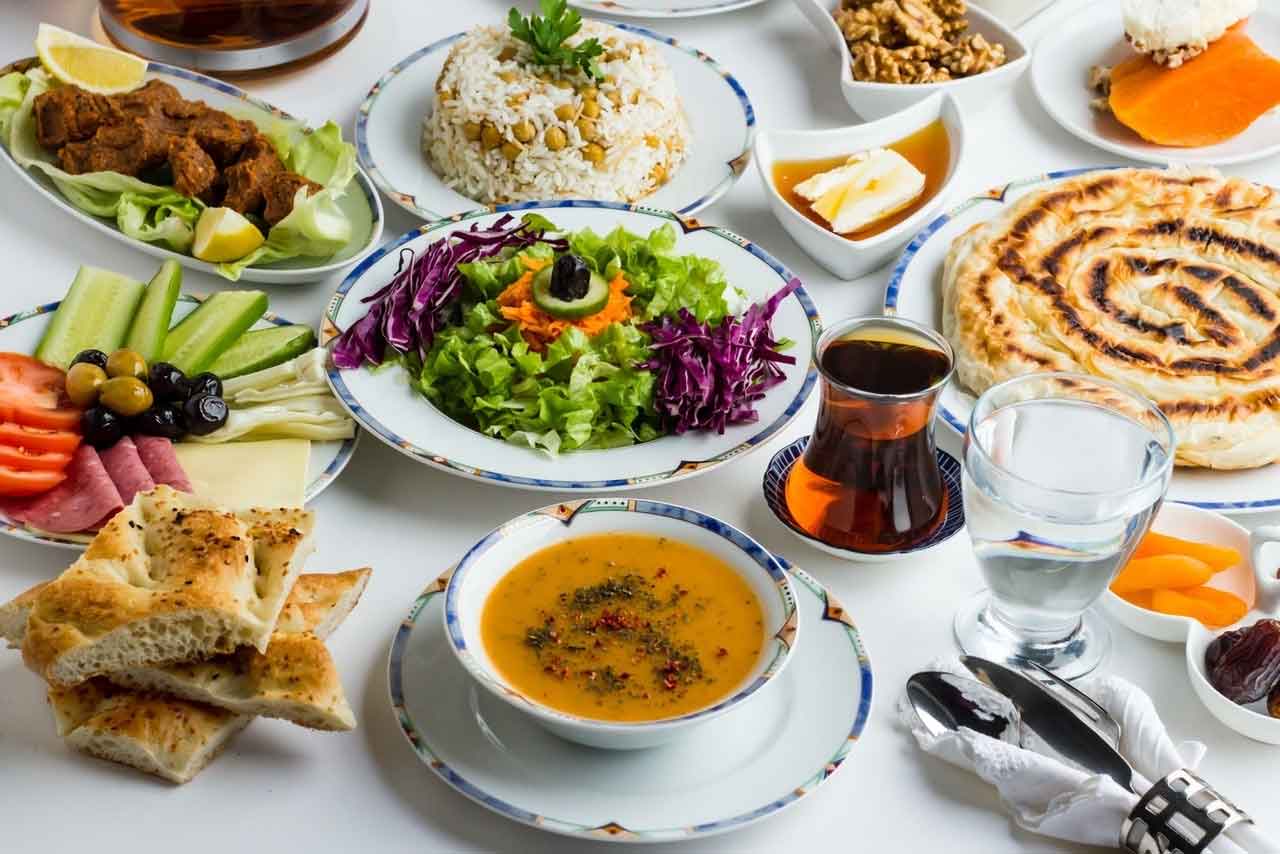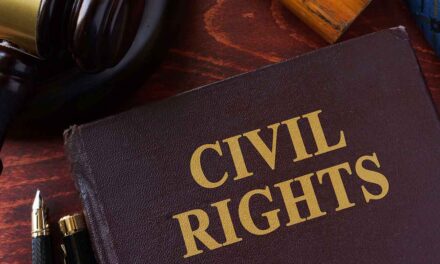California Celebrates Eid: The Culmination of Ramadan in Islam
The Islamic holiday of Eid, meaning festival or fest, commemorates the end of Ramadan, the religion’s holy month of fasting.

By Edward Henderson | California Black Media
The Islamic holiday of Eid, meaning festival or fest, commemorates the end of Ramadan, the religion’s holy month of fasting.
During Ramadan, the faithful abstain from food and drink from sunup to sundown.
The Islamic population in California is estimated be around 500,000, yet over 1.8 billion people celebrate Eid worldwide, making it one of the biggest religious festivals in the world.
This year, Eid was celebrated on the evening of March 30, which is determined by the sighting of the waxing crescent moon.
“Eid Mubarak, California! As families and communities come together to mark the end of Ramadan, may this day be filled with peace, gratitude, and shared blessings,” Gov. Newsom posted on Twitter March 30 with a video featuring him and First Partner Jennifer Siebel Newsom commemorating the celebration.
“As the holy month of Ramadan comes to a close and people break their fast, we wish everyone a happy Eid,” the Governor began the joint message.
“Tonight, families around the world come together in celebration and gratitude,” Siebel Newsom continued in the video.
“So, we want to express our thanks and gratitude to California’s Muslim community, an integral part of California,” the Governor continued. “You hold yourself to a higher standard as reflected this last month of fasting and your deep commitment to faith and community does not go unnoticed.”
Islamic tradition teaches that Eid originated with the prophet of Islam, Muhammad in 624 AD. According to the Quran, Eid was established in Medina, Saudi Arabia, after the prophet moved from Mecca. It was during his arrival and subsequent time in Medina that he saw people commemorate two days where they participated in feasts, recreational activities, and occupied themselves with joy and togetherness. Upon observing this, he stated that God had created two days of festivity following Ramadan: Eid al-Fitr and Eid al-Adha – the two official holidays Muslims now celebrate today.
California Black Media spoke with Sacramento native Jibril Kyser to share his experience fasting during Ramadan this year, the lessons he’s learned and the significance of Eid.
“It’s an incredible experience because it showed me how powerful this period of fasting and consistent prayer is for the mind and the spirit,” said Kyser. “It helps me to channel my energy into where it should be.”
A typical day for Kyser during Ramadan begins around 4a.m. He prepares a meal and hydrates to give his body some
sustenance. His fasting begins when the first rays of light hit the horizon and lasts until sunset. After his first meal of the day, Kyser performs the first of five prayers, with a special 6th prayer called Tarawih which occurs at night during Ramadan. After his first prayer, Kyser gets a few hours of rest before his work responsibilities as an accountant begin. During the day, he limits his physical activities and exposure to the sun to avoid dehydration. After sunset, he breaks fast with meals he prepares himself.
“I think the first three to four days of Ramadan were the hardest because I was eating a lot of food trying to bulk up before Ramadan,” Kyser recalls. “I was eating so much throughout the day, maybe three meals, four meals a day, just trying to bulk-up. I was just working out in the gym twice a day in the morning and in the afternoon at in the evening. That was the hardest adjustment period because I was so lethargic, and I was my stomach was so accustomed to eating so often.”
The discipline and reflection of Ramadan is rewarded during Eid celebrations. Traditionally, special prayers and feasts are held in mosques and with families. People wear their best clothes, gifts are exchanged, and charity is also emphasized. The phrase ‘Eid Mubarak’, meaning Blessed Eid, is joyfully shared within the community. Muslims use the celebrations to reflect on the lessons they learned while fasting and spending time with God in prayer.
Along with taking time to feed others while he was fasting and informing others about the beauty of Islam, Kyser has used his Ramadan experience preparing for Eid to realize opportunities for growth and expansion within his life.
“I want to slow down, make more informed decisions, and to recognize that this is a temporary life. Contemplating that impermanence, I ask myself if my deeds have been righteous and how have I shown up in my everyday life to my loved ones. Have I shown up to the people who care about me? Have I shown up to myself? I have answered some of those questions through reflection and I think that I’ve shown up really well for myself, and I still need to work on how I show up for other people.”









